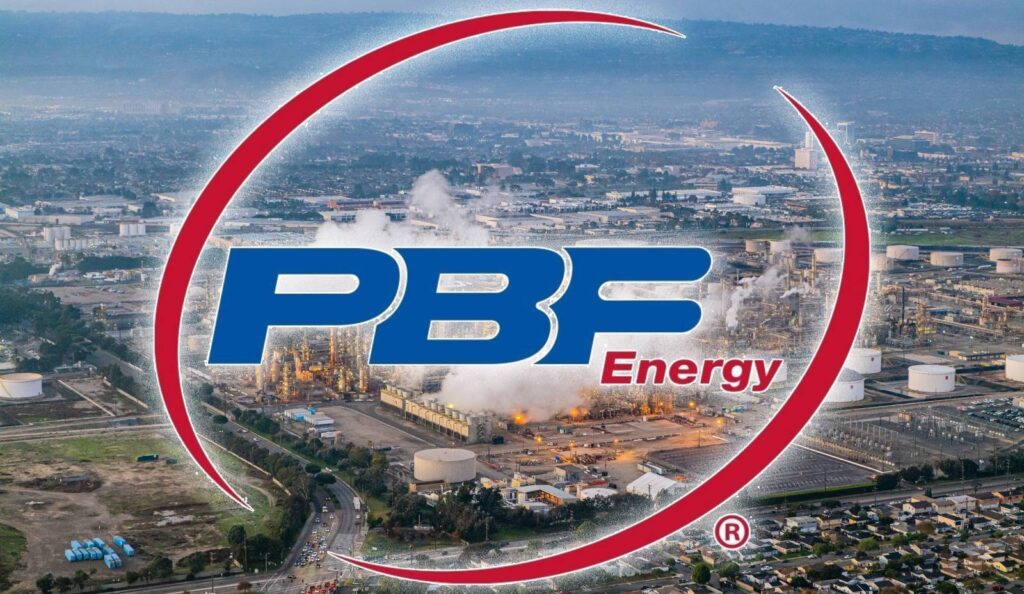Background: PBF Energy, a major refinery, recently completed a significant Turnaround that incurred a material spend of approximately $20 million. Following the Turnaround, the company identified material management as a critical area for improvement. Challenges such as lost material, mismanaged inventory, miscommunication between shifts, and ad-hoc procurement processes were undermining operational efficiency and incurring substantial costs. Material requests were made through various means including paper forms, spreadsheets, verbal communication, and sometimes even undocumented methods. The lack of a structured process led to duplicate orders, material losses, and difficulties in tracking procurement.
Challenges:
- Inefficient Communication: Verbal, email, and informal communication led to miscommunication and confusion between different departments and shifts, causing delays and material losses.
- Lack of Tracking: The absence of a standardized process for material requests and procurement resulted in inadequate tracking, making it difficult to account for inventory and orders.
- Mismanaged Requisitions: Orders were often placed based on outdated drawings or incomplete information, leading to incorrect and redundant purchases.
- Material Waste and Surplus: Inaccurate procurement processes and tracking led to surplus material, which was eventually sold as scrap metal at a significant loss.
- Unauthorized Access: Unauthorized personnel accessing the warehouse and taking materials, with no proper accountability measures in place.
Solution: EZTRAK Implementation: PBF Energy partnered with EZTRAK to implement a comprehensive solution to address the material management challenges. The following strategies were implemented:
- Standardized Procurement Process: EZTRAK’s Material Take Off (MTO) section became the sole platform for material requests. Planners were required to submit all material requests through the MTO section, eliminating ad-hoc communication methods.
- Structured Communication: EZTRAK provided a centralized platform for communication between requisitioners and suppliers. Requests for quotes (RFQs) could be submitted and tracked within the system, ensuring transparency and accountability.
- Enhanced Visibility: The system enabled planners to track the entire procurement process, from RFQs to purchase orders (POs). Revisions to drawings were clearly identified, preventing the ordering of outdated materials.
- Accountability through Pick Tickets: EZTRAK introduced Pick Tickets to ensure authorized access to the warehouse. Planners created Pick Tickets, which were placed in contractor job packages, enabling controlled material issuance.
- Comprehensive Information: The system facilitated the sharing of critical documents such as MTOs, packing slips, PMI reports, and material photos. This information was accessible to various departments, including inspections, operations, maintenance, and contractors.
Results and Benefits: The implementation of EZTRAK yielded significant improvements and benefits for PBF Energy:
- Reduced Loss and Waste: Lost material was reduced to nearly 0%, and duplicate orders, waste, theft, and surplus were brought down to just 1%. This resulted in substantial annual cost savings.
- Enhanced Efficiency: The streamlined procurement process, along with improved tracking and communication, significantly enhanced operational efficiency and reduced downtime.
- Improved Accountability: Pick Tickets ensured proper accountability for material issuance, minimizing unauthorized access and material loss.
- Cost Savings: In addition to hard cost savings from reduced material loss and waste, PBF Energy saved on SAP licenses, IT setup, hardware, and training costs by using EZTRAK.
- Cross-Departmental Use: EZTRAK’s capabilities extended beyond material management, with departments such as inspections, operations, maintenance, and contractors utilizing the platform for various purposes.
- Financial Management: The system enabled better cost tracking, improved management of purchase orders, and more efficient handling of invoices.
Conclusion: The implementation of EZTRAK transformed PBF Energy’s material management processes, rectifying challenges related to miscommunication, inefficiency, material loss, and waste. By standardizing procurement, enhancing communication, and introducing accountability measures, the company achieved significant cost savings, improved operational efficiency, and streamlined financial management. The success of this implementation has prompted the use of EZTRAK in other departments, further enhancing its value across the organization.

